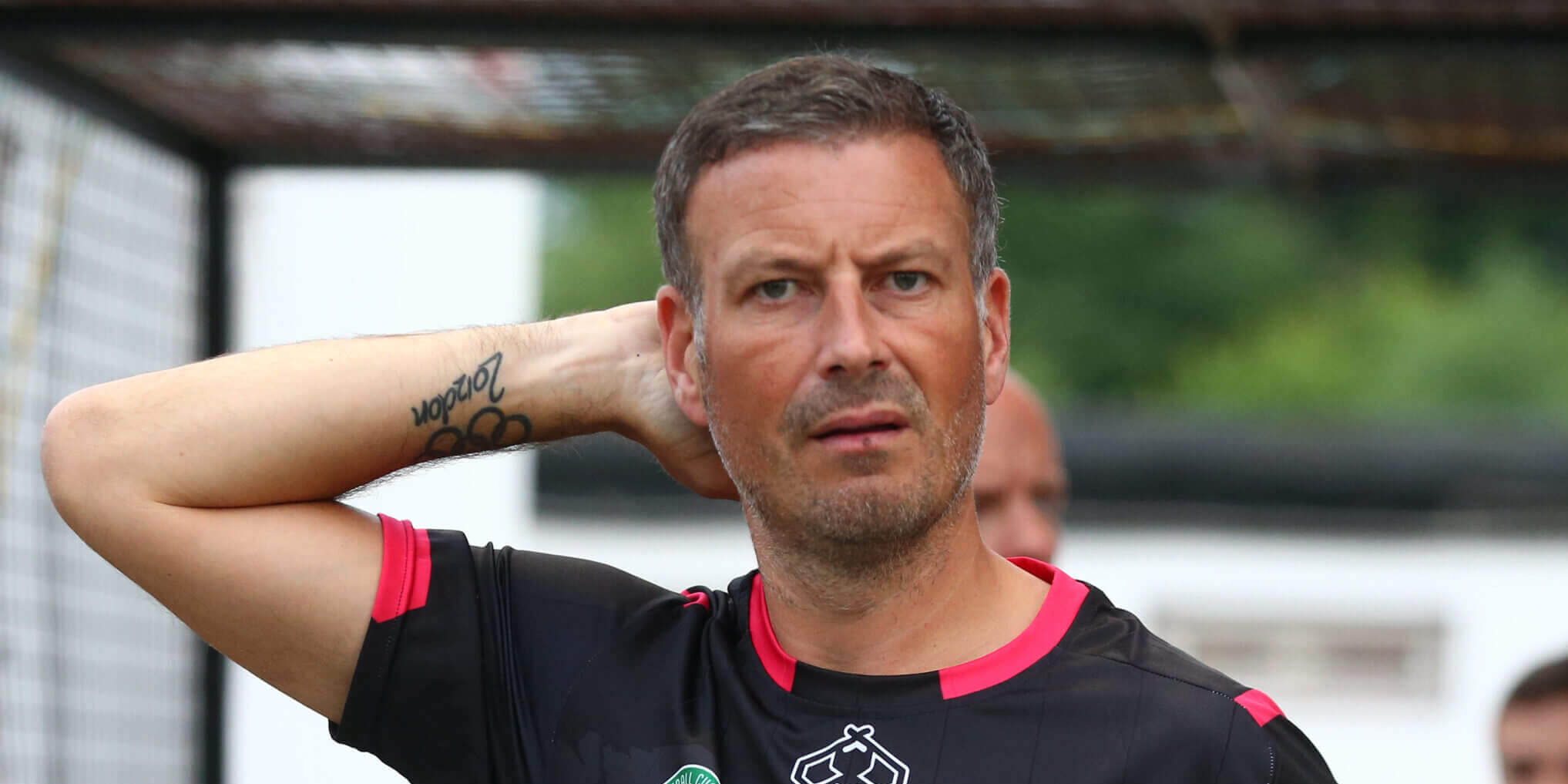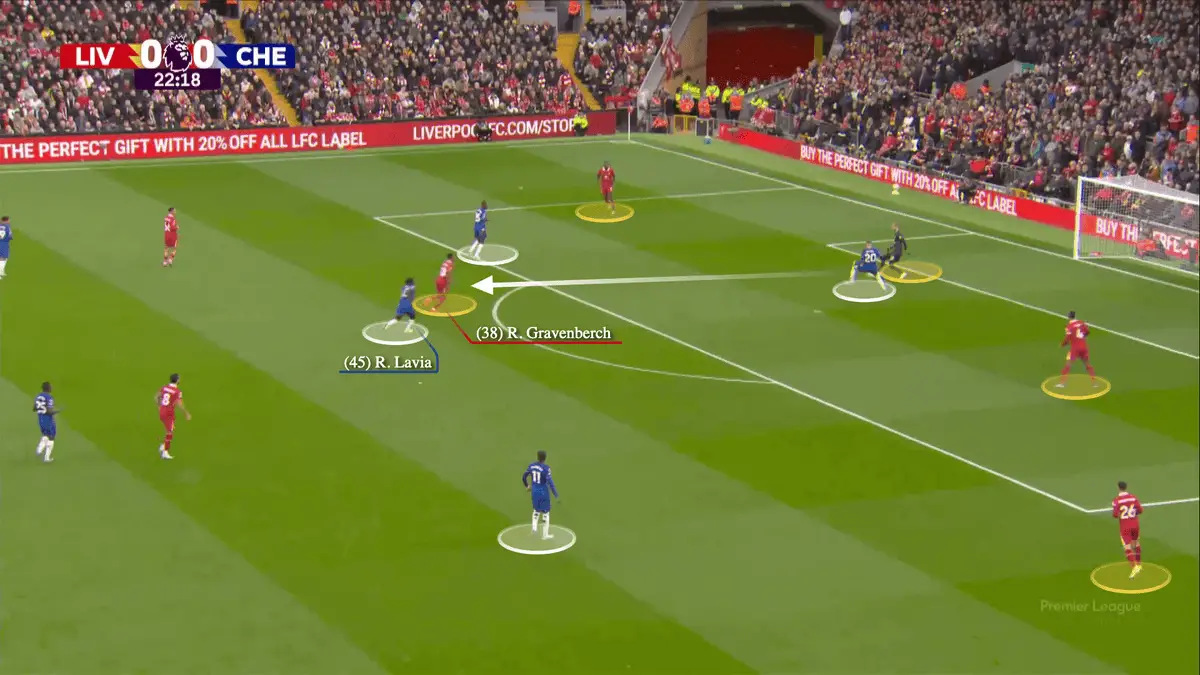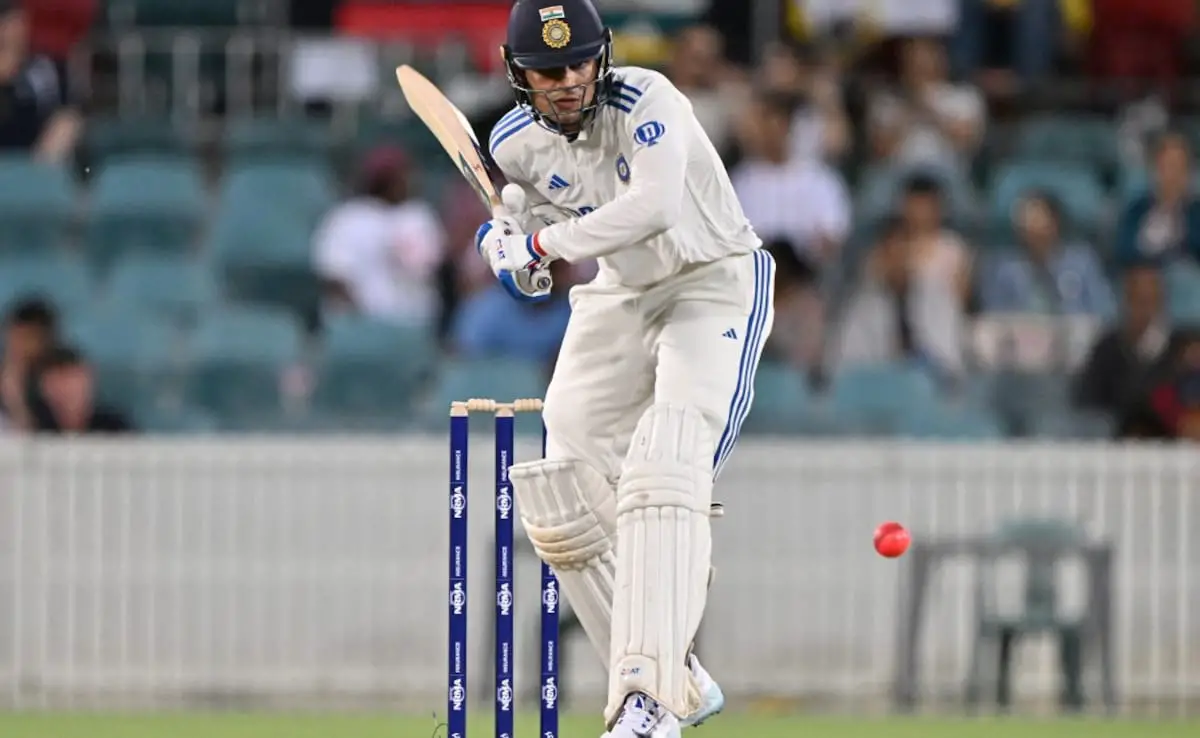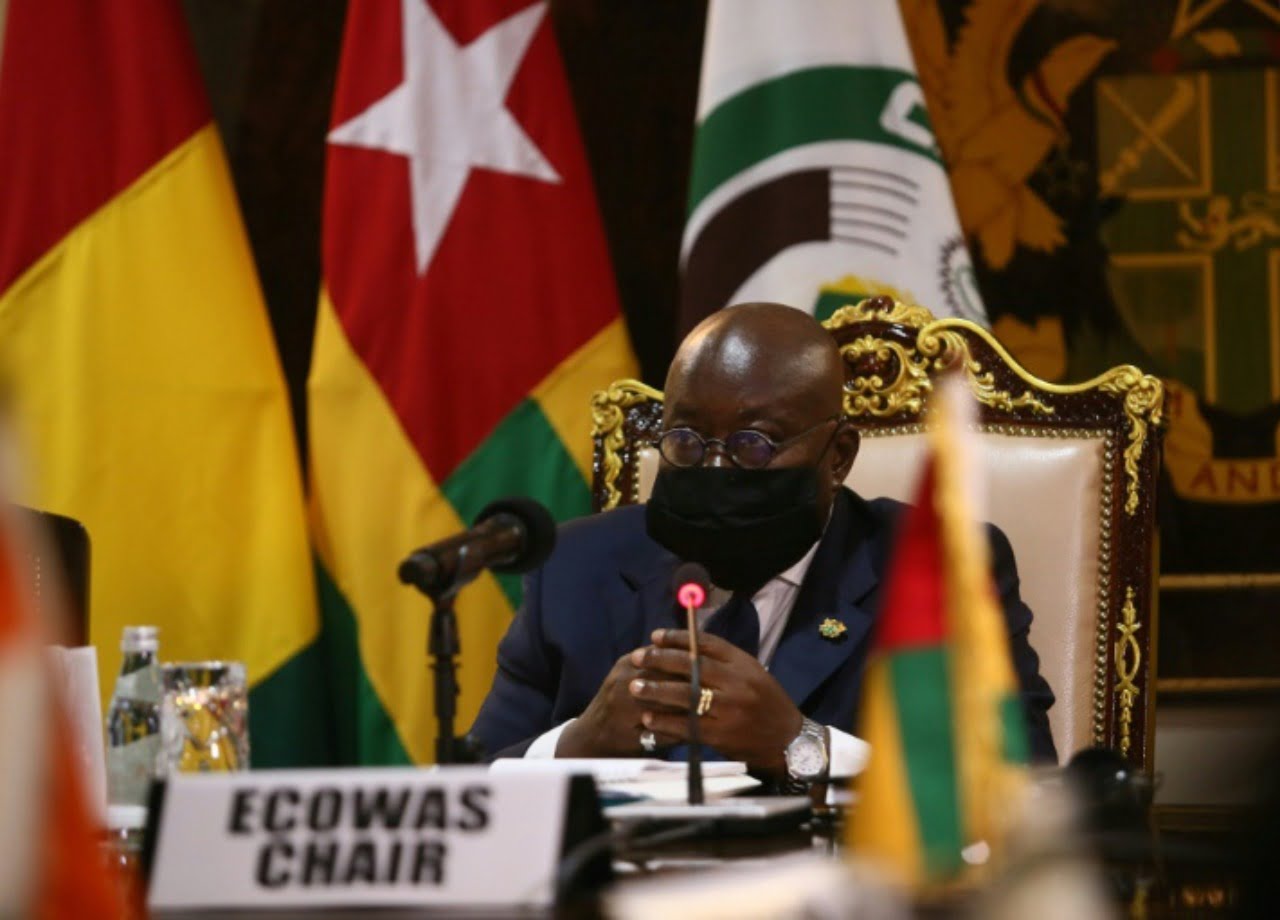
This is an updated version of an article first published on March 8.
It is two and a half years since Mark Clattenburg had his autobiography, Whistle Blower, to plug. No prisoners were taken in the book’s content or the promotional work ahead of its release.
Graham Poll, Martin Atkinson and David Elleray were all among the former colleagues Clattenburg swung for in caustic appraisals designed to settle old scores. And as for Mike Riley, his old boss at Professional Game Match Officials Limited (PGMOL), the body responsible for overseeing referees? “A boring f**ker,” was the succinct description.
Less spiteful were the words chosen for Howard Webb, a man he had known for over two decades, but Clattenburg still made it clear this was a fractured relationship he had little wish to mend.
“When Howard doesn’t need you, he doesn’t speak,” Clattenburg told The Athletic in 2021, raking up a night at Euro 2012 when Webb attended a post-match party without telling his fellow Englishman. “He’s very unique in this. Everyone sees Howard as a nice guy and he is. I would never really criticise him as a person, he’s just someone I won’t engage with in the future because I don’t need Howard Webb, the same as he doesn’t need me.”
It is a quote that has not aged well.
A return to the Premier League as Nottingham Forest’s refereeing analyst meant Clattenburg needed the ear of Webb, who replaced Riley as the head of PGMOL in December 2022. It is among Clattenburg’s duties to liaise with Webb, to be the conduit for a club who have felt aggrieved at decisions all season.
Ever since Clattenburg’s appointment two months ago, he and Webb have been in regular contact: the pair sat together at Forest’s FA Cup fifth-round defeat to Manchester United on February 28 in seats allocated by the home club.

Howard Webb and Mark Clattenburg watch Nottingham Forest against Manchester United (Mike Egerton/PA Images via Getty Images)
But the relationship is already being severely tested.
On Sunday, after a controversial 2-0 defeat at Everton in which they were denied three possible penalties, Forest took their refereeing complaints to a new level when they alleged, in a post on X, that they had warned PGMOL not to appoint Stuart Attwell to VAR duties because he was a Luton fan.
Three extremely poor decisions – three penalties not given – which we simply cannot accept.
We warned the PGMOL that the VAR is a Luton fan before the game but they didn’t change him. Our patience has been tested multiple times.
NFFC will now consider its options.
— Nottingham Forest (@NFFC) April 21, 2024
The Athletic reported that Clattenburg did have a conversation with Webb on Friday, 48 hours before the game, but had not asked for him to be removed from VAR duties at Goodison Park.
In his column for MailOnline published on Sunday evening, however, Clattenburg did savage his former employers, saying they should have made “smarter appointments” and decrying Attwell and on-field referee Anthony Taylor for making a “hat-trick of howlers”.
That, however, was not the first time that Clattenburg has turned attack dog since his return to English football.
A controversial ending to Liverpool’s 1-0 win at the City Ground on March 2, where referee Paul Tierney incorrectly awarded the visiting side an uncontested drop ball, saw Clattenburg put up for media duties by Nottingham Forest.
“I haven’t spoken to the referee, I’ll leave that to the club,” he said. Yet it had not been for the want of trying. “I went to go into the referee’s dressing room (after the game) but he wouldn’t allow it.”
PGMOL did not dispute that. Rules are in place that stipulate only managers and select coaching staff, listed on the official team sheets, can approach officials after a game and, even then, it is up to the referee who enters their dressing room.
Clattenburg was denied an audience with Tierney and had been expecting events to play out differently. Webb had raised no objection to Clattenburg seeing referees post-match in a meeting the men held shortly after his arrival at Forest. It is not unusual for an analyst to accompany a manager into such a meeting and present video evidence but, importantly, as long as he is an accredited figure listed on the team sheet.
It became the sideshow that made more headlines than Darwin Nunez’s 99th-minute winner. Forest had been on the end of another refereeing mistake, one that gave Liverpool the chance to attack at the other end (albeit almost two minutes later), and it was Clattenburg’s job to tell the world about it.
Forest say they appointed Clattenburg to try and create a positive relationship with PGMOL, the body they have addressed three letters of complaint to already this season. Clattenburg is there to create direct links of discourse, they claim.
Yet PGMOL maintain that all clubs already have that option open to them. Webb has made a point of being accessible to all Premier League managers and captains since taking control of the organisation 15 months ago, fielding calls and explaining the good and bad decisions his referees have reached. They might not like what he has to say, but accountability is the broad aim.
“Clubs are aware that Howard Webb and his colleagues are open to calls at any point,” said Tony Scholes, the Premier League’s chief football officer, in February.
The question now is whether Clattenburg is the right man to try and facilitate better relations.
Clattenburg, in his own words, started his working life as a “daft electrician from Newcastle”.
Long before he was made the Premier League’s youngest referee aged 29, he had run the lines as an assistant in the Northern League before the same grassroots level presented a platform for him to take centre stage. Clattenburg, with a name not easy to forget, earned a reputation as one of the brightest young officials climbing the ladder. At 25, he had reached the EFL, four years before he was plucked out by Keith Hackett to reach the highest level.
Clattenburg’s ability as an elite referee was rarely in question. Along with Webb, who beat him to the Premier League by 12 months, Clattenburg was as good as it got in English football.
“He was an outstanding referee,” former Premier League official Mark Halsey tells The Athletic. “He was a natural, not manufactured. His communication skills were second to none.
“Mark was exceptional, like Howard was. And he was a perfectionist. We worked together and roomed together many times. He’d analyse every game and look at what he could and should’ve done differently. He’d beat himself up if he got a decision wrong.”
But a divisive figure? “He didn’t suffer fools,” adds Halsey. “Mark was Mark. I wouldn’t question his character. He was as honest as the day is long. He would tell you as it was and some people didn’t like that. It’s how I would want people to be. He would never go behind someone’s back like some did when we were refereeing.”
UEFA recognition followed Clattenburg’s impressive rise up the Premier League ranks, culminating at his high-water mark as an official in 2016 when he oversaw both the Champions League final and the final of Euro 2016.

Mark Clattenburg in the 2016 Champions League final – a career highlight (Pierre-Philippe Marcou/AFP via Getty Images)
That Clattenburg has tattoos to mark both showpiece occasions, though, helps paint a picture of the image-conscious figure that became so divisive during his time in the Premier League.
Clattenburg was more like a footballer than a referee. He made headlines for owning a Porsche Boxster that was vandalised outside his home in Newcastle and a black BMW X5 that carried the personalised number plate C19TTS (Clatts).
Poll would report Clattenburg to PGMOL bosses after turning up for one game carrying a man bag. A separate incident in 2014, when Clattenburg used his own transport to go straight from West Bromwich Albion’s home game against Crystal Palace to an Ed Sheeran concert in Newcastle, brought a reprimand as all Premier League officials are made to travel to and from games together.
Then there were the hair-loss adverts that Clattenburg continues to promote. One video, posted on his Instagram account before Christmas, concluded with him spraying a product from a range positioned in front of the camera. “Hair loss is a worry and make no excuses, I do what I can to keep it,” he says.
It has grown hard to know how seriously to take Clattenburg since his exit from the Premier League in 2017. In the hours that followed Forest’s galling loss to Liverpool, where he was explaining the club’s grievances to media outlets in the mixed zone, he could also be found reprimanding Viper for pinning down a contestant on the BBC show Gladiators.
“This is a formal warning,” said Clattenburg, who serves as the referee on the programme, which was revived earlier this year. “I told you in the locker room, no holding.” The pivot between family entertainment and the Premier League is an awkward one.

Mark Clattenburg in his new role on BBC’s Gladiators (BBC)
As is the relationship between Clattenburg and Webb. It began in the late 1990s when they met during fitness testing at Lilleshall before, according to Webb, becoming “quite friendly” as they climbed the refereeing ladder.
Webb was there to toast his colleague’s success, too. Clattenburg’s first Premier League game, a 3-1 win for Everton away to Crystal Palace in 2004, was followed by a flight back to Newcastle, where he was joined for “a night on the lash” with Webb. In his own autobiography, The Man in the Middle, Webb says Clattenburg thanked his colleague for “getting him through (that first game) unscathed”.
The falling out at Euro 2012, where Clattenburg was part of Webb’s support team in Poland and Ukraine, has clearly rankled, but a call from one to the other in 2017 was hugely significant. Webb’s exit from the head of refereeing in Saudi Arabia had created a vacancy and Clattenburg, increasingly disillusioned with PGMOL, was encouraged by his former colleague to take up the opportunity. Clattenburg’s salary would be £525,000 a year tax-free, a huge climb on his basic annual Premier League wage of £100,000.
It marked the start of a well-paid tour of the world. Eighteen months in Saudi Arabia were followed by spells overseeing refereeing in China, Egypt and Greece, where he became personally known to Nottingham Forest and Olympiacos owner Evangelos Marinakis in an unforgiving and hostile environment for referees. Marinakis has previously accused Greek referees of being “rigged”, while Olympiacos vice-president, Kostas Karapapas, threw a black mini-skirt at Takis Baltakos, president of the Greek football federation, last season.
Clattenburg’s return to England with Forest — the first appointment of its kind in English football — raised eyebrows throughout English football.
Many Premier League clubs were sceptical of the value he would bring, instead echoing the feelings expressed by Gary O’Neil, whose Wolverhampton Wanderers side have suffered from a number of high-profile errors this season.
“I’m fine with our relationship with the PGMOL,” he said. “They’re always very clear and honest with me. They are always open to communicating after games. So no, I don’t feel the need for it (a Clattenburg equivalent) here.”
The referees themselves are said to be nonplussed yet relaxed by Clattenburg’s appointment. They know they will be subject to one of Clattenburg’s pre-match reports before they take charge of a Forest match.
Webb has yet to publicly comment on Clattenburg’s return, but plenty of others have.
“I’m disappointed with Nottingham Forest,” said Gary Neville. “It’s as if, ‘Look at all of this, woe is me’. I get it, some teams feel as though they’ve been hard done to, some teams feel they’ve had bad decisions against them, but to employ an ex-referee to tell you why you’re having decisions against you. For me, I think it’s a step too far.”
Neville went further himself on Sunday, saying that Clattenburg should quit his role at Forest in the wake of their allegations on X.
“Mark Clattenberg must resign,” said Neville. “If he saw those words go out (questioning) the integrity of a referee and claims someone is a cheat for supporting another club, then he’s supporting what is being said. He would lose all credibility with referees in the game. He should stand down and distance himself from that statement.”

Evangelos Marinakis shows his anger at the end of Forest’s defeat to Liverpool (Jon Hobley | MI News/NurPhoto via Getty Images)
But while Clattenburg’s work with Forest is considered unusual, or even ill-advised, in England, in Europe such an arrangement is deemed far more commonplace.
Former Serie A referee Gianpaolo Calvarese was hired by Jose Mourinho, not someone traditionally sympathetic to officialdom, when in charge of Roma, while Carlos Megia Davila has been on Real Madrid’s payroll since 2009.
It is also a common practice in rugby union, where head coaches recruit former officials to backroom teams. Steve Lander, formerly an international referee, was an advisor to England when they won the World Cup in 2003.
“Why can’t Mark have a role at Nottingham Forest?,” asks Halsey, an ally of Clattenburg’s. “He’s been out of the Premier League for a number of years. Why can’t he be that liaison between a club and PGMOL, stopping the managers and owners from getting into trouble?
“It can only help relationships. Forest have taken the initiative and employed a former referee as a consultant. Mark is ideal to do that.”
Either way, just as when he was refereeing himself, Clattenburg has found himself in the eye of a storm in the Premier League. With Forest’s relegation battle only likely to become more fraught in the weeks ahead, things are unlikely to settle down.
(Top photo: Kieran Galvin/NurPhoto via Getty Images)






